The splinter in your eye is the best magnifying-glass
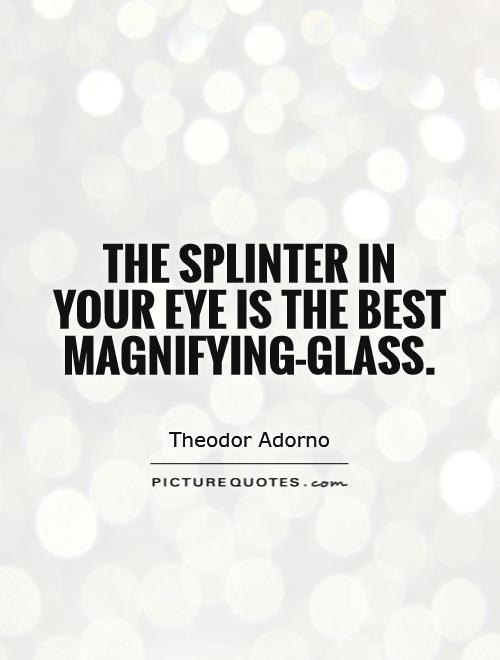
The splinter in your eye is the best magnifying-glass
The quote "The splinter in your eye is the best magnifying-glass" is a thought-provoking statement that can be interpreted in various ways. In the context of Theodor Adorno, a prominent German philosopher and sociologist known for his critical theory, this quote can be seen as a reflection of his views on society, culture, and human nature.Adorno was a staunch critic of the prevailing social and cultural norms of his time, particularly in the aftermath of World War II. He believed that society was plagued by various forms of oppression, alienation, and conformity, which were often hidden from view or ignored by the majority of people. In this sense, the "splinter in your eye" can be seen as a metaphor for the individual's own personal biases, blind spots, and limitations that prevent them from seeing the larger social and cultural issues at play.
Adorno argued that in order to truly understand and critique society, individuals must first confront and acknowledge their own shortcomings and prejudices. By examining the "splinter in your eye" – that is, by recognizing and reflecting on one's own flaws and biases – one can gain a clearer and more critical perspective on the world around them. In this way, the splinter becomes a metaphorical magnifying glass that allows individuals to see the larger social structures and systems that shape their lives.
Adorno's philosophy was deeply influenced by the idea of dialectical thinking, which emphasizes the interconnectedness and contradictions inherent in all aspects of life. By using the splinter in one's eye as a magnifying glass, Adorno encourages individuals to engage in a process of self-reflection and self-critique that can lead to a deeper understanding of the complexities of society and culture.
Overall, the quote "The splinter in your eye is the best magnifying-glass" can be seen as a call to action for individuals to examine their own biases and limitations in order to gain a more critical and nuanced understanding of the world around them. In the context of Theodor Adorno's work, this quote serves as a reminder of the importance of self-awareness and introspection in the pursuit of social and cultural critique.
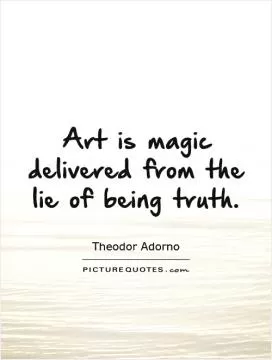
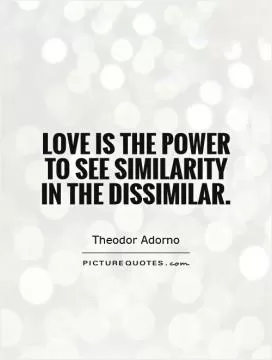

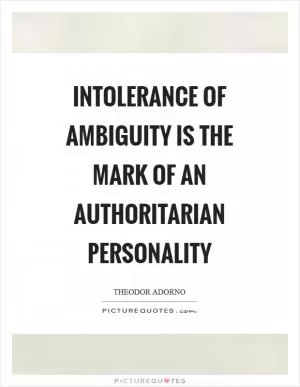

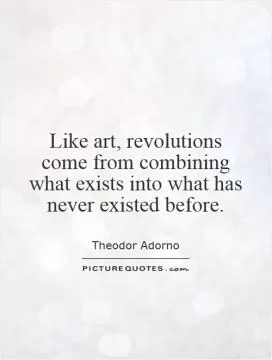
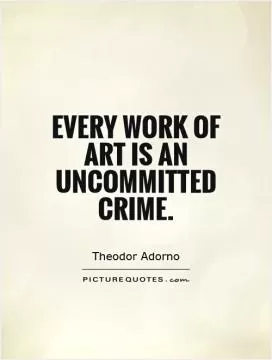
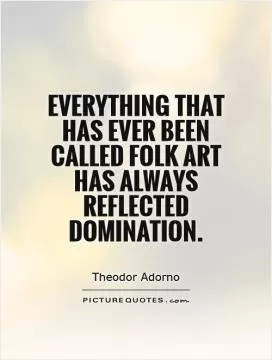
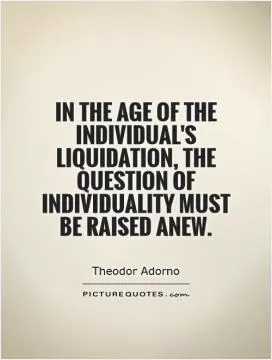
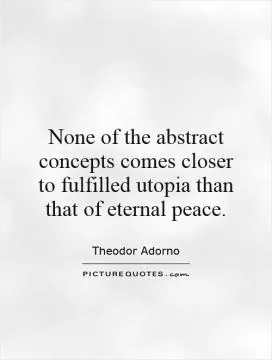

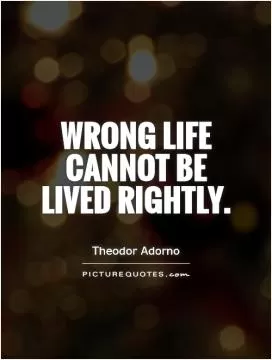
 Friendship Quotes
Friendship Quotes Love Quotes
Love Quotes Life Quotes
Life Quotes Funny Quotes
Funny Quotes Motivational Quotes
Motivational Quotes Inspirational Quotes
Inspirational Quotes